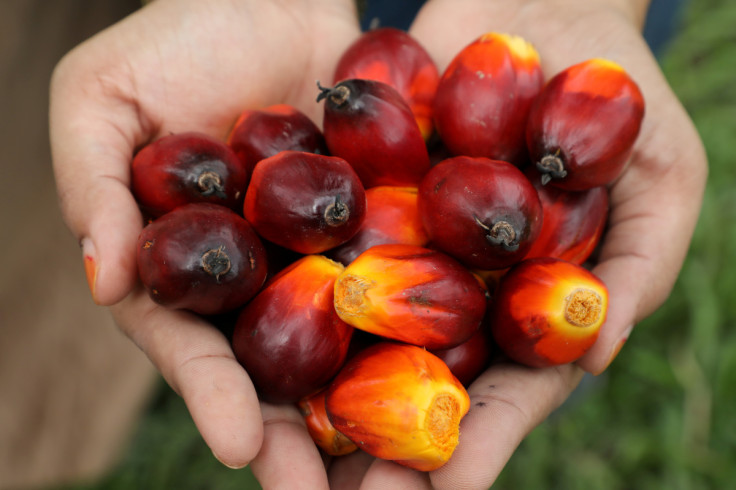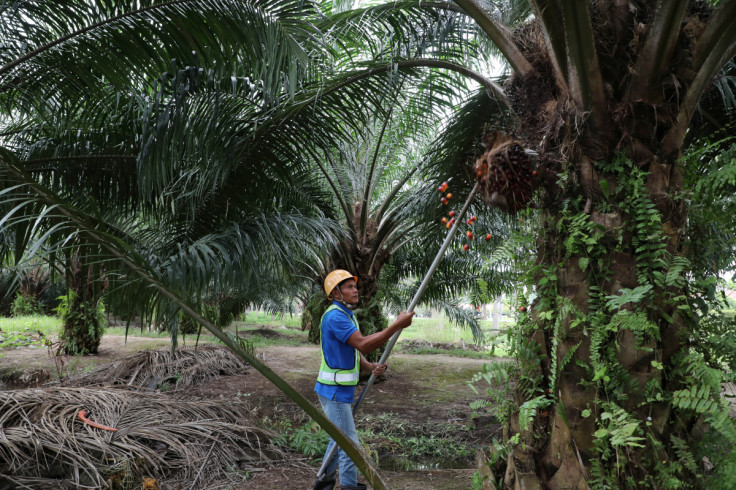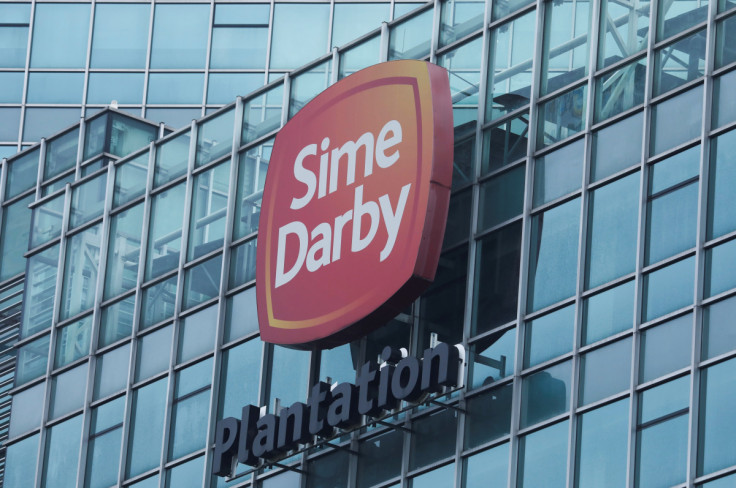U.S. Lifts Import Ban On Sime Darby Plantation Products

U.S. customs authorities on Friday lifted a two-year import ban on palm oil products made by Malaysia's Sime Darby Plantation, after determining the goods were no longer produced with forced labour.
Goods produced by Sime Darby Plantation, the world's largest palm oil company by land size, have since December 2020 been blocked by U.S. Customs and Border Protection (CBP) from entering the United States over suspected abusive labour practices.
In response, Sime Darby Plantation appointed an ethical trade consultancy to audit its facilities, and last year set aside about $20 million to compensate current and former migrant workers who paid recruitment fees to secure jobs at the firm.
In a notice published on the U.S. Federal Register website on Friday, CBP said it had now "determined that the products were no longer being mined, produced, or manufactured wholly or in part with the use of convict, forced, or indentured labor by Sime Darby Plantation", citing additional information it had received.
The finding applied to any products from the firm imported into the United States on or after Friday, the notice said.
EMPLOYEE REFUNDS
CBP Executive Assistant Commissioner AnnMarie Highsmith told Reuters that Sime Darby Plantation had taken action to correct 11 International Labor Organization indicators of forced labor that the agency had found at the company's operations.
Among these steps, the firm has set aside $20 million to refund "exorbitant" recruitment fees paid by workers to secure jobs the company's plantations. These fees acted as a form "debt bondage" to the company, Highsmith said, adding that some 15,000 current employees and 19,000 former employees will be repaid.
She said the lifting of the import ban "indicates what we hope are two things, really - a permanent improvement in work and living conditions for Sime Darby's thousands of employees, and it's another indication of a trend that we're seeing towards elimination of forced labor conditions in our international supply chain."
Sime Darby Plantation said the decision indicated CBP's recognition of the firm's efforts "in the last two years to review, revise and... upgrade its protocols for recruiting, managing and working with its workers".
"Today, our commitment to all our stakeholders is vigilance and a continuing responsibility to produce palm oil that is free of forced labour," the company's Group Managing Director Mohamad Helmy Othman Basha said in a statement.
Shares of Sime Darby Plantation had eased 0.45% by market close on Friday.
Sime Darby Plantation is among eight Malaysian firms that have been banned by the United States in the past four years over forced labour allegations.
Malaysia in 2021 announced a government plan to eliminate abusive practices such as debt bondage, unhygienic dormitories for workers, and excessive overtime, by 2030.


© Copyright Thomson Reuters 2024. All rights reserved.





















